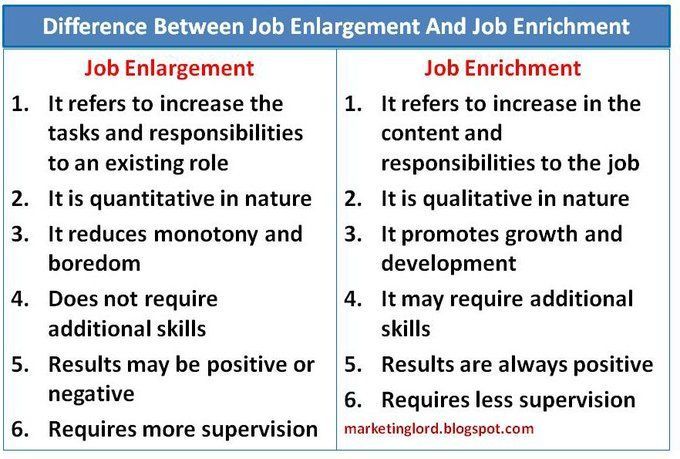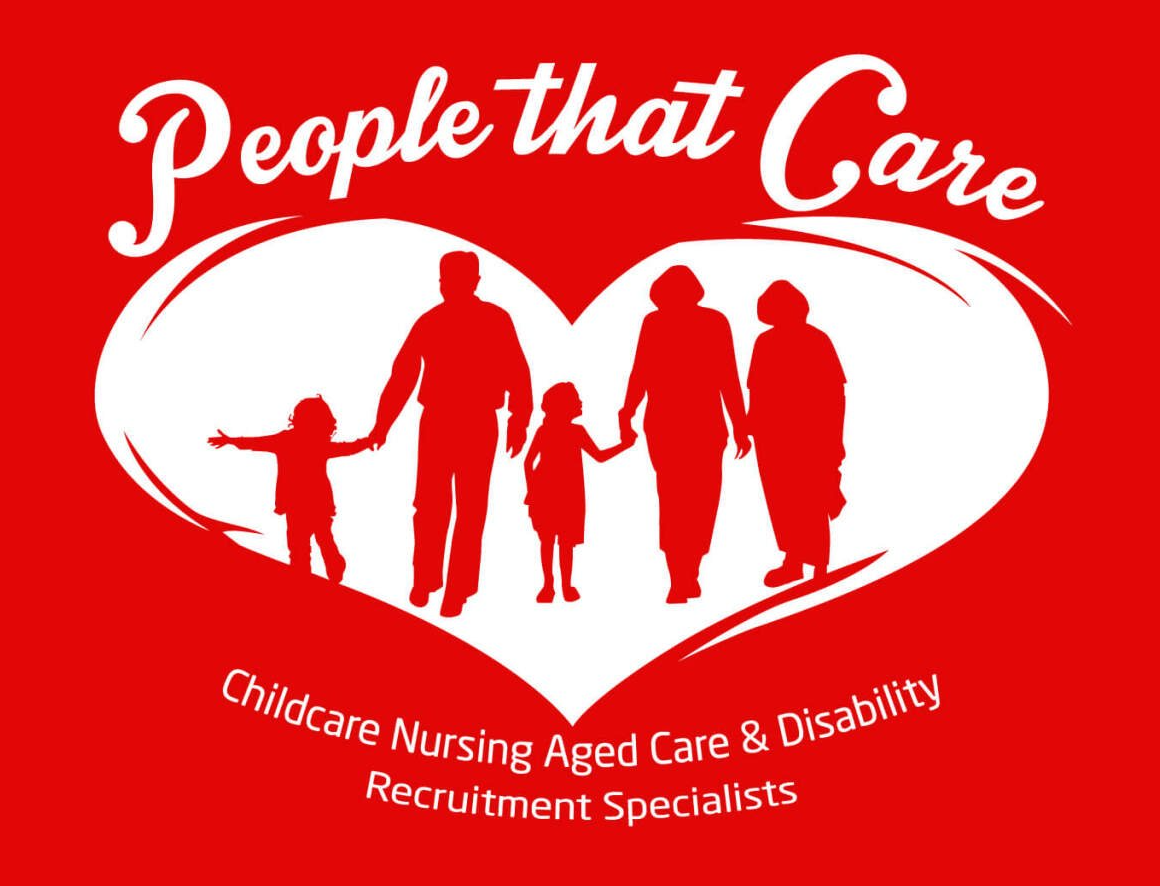Emotional Intelligence in Children
Generations of children have been taught to shake it off, brush the dirt off the skinned knees, wipe the tears, and carry on. They’re building grit and resilience, but also a tacit understanding that one doesn’t express "big feelings." Early childhood specialist Alyssa Blask Campbell was one such child, but now, as an educator, emotional development expert, and mother, she’s taking a new perspective on caregiving, one that starts with encouraging the expression of feelings—big and small—rather than tucking them away. Here is our conversation about her new book and her thoughtful approach.
Lynne: I love the title of your book, Tiny Humans, Big Emotions: How to Navigate Tantrums, Meltdowns, and Defiance to Raise Emotionally Intelligent Children. It implies that this may be a book for caregivers of young children, but you’ve noted that the research and information within is for all humans.
Alyssa: I don’t know about you, but I didn’t grow up with a lot of these tools. I have incredible parents who did a great job with the tools they had, and I didn’t learn how my nervous system works or how to notice what emotions felt like in my body and how to regulate them. The cornerstone of this work lies in the work of the adult. You could be the parent of a toddler or teenager and the method still applies. It’s aimed at better understanding ourselves and the human we are interacting with, be it your child, your partner, or a friend.
Lynne: You’ve developed a method of interaction. What’s your elevator pitch for explaining this approach to raising and becoming emotionally intelligent humans?
Alyssa: The key to raising emotionally intelligent humans is building our toolbox as adults, not to change children. Instead, to change how we experience them so we can respond with intention rather than habit from intergenerational patterns.
Lynne: Tell us more about your method.
Alyssa: The Collaborative Emotion Processing method is a way of understanding and processing emotions in relationship with one another. There are five components of the method: scientific knowledge, self-awareness, bias, self-care, and adult–child interactions. You'll notice that four of the five components are focused on the adult. This is what sets our method apart from other parenting approaches or emotional development strategies. The goal isn't to change children but to give the adult the tools they need to show up with intention in the moment so they have the bandwidth to meet the needs of the child who is in front of them.
article continues after advertisement
Lynne: You say that parenting should be “shame-free.” Why do you think shame is such a factor in parenting, and what do you do to help caregivers/parents move beyond it?
Alyssa: We know that shame prevents us from learning new skills or creating positive change. A lot of us grew up in shame-ridden cultures to try and stop behavior from happening—for example, putting a child in a public time out in front of siblings/peers to teach them a lesson. The result is now a generation of parents who live with a lot of shame and are still learning how to navigate their own shame so they don’t repeat those patterns. We help parents and caregivers get beyond the shame to see what the root of behavior is so they can move through behavior with connection and collaboration.
Lynne: What do you see as the biggest hurdles parents face when trying to raise emotionally intelligent children?
Alyssa: Lack of cultural and systemic support. Parents are logistically spread in so many different directions that it makes it really difficult to do this work of rewriting intergenerational patterns, to show up with intention.
Lynne: There is an ever-growing list of parenting styles—helicopter, snowplow, authoritative—that are less than complimentary. Do you subscribe to this categorization of parenting?
Alyssa: I don’t think it’s helpful. I’m less interested in creating in-group/out-group parenting identities and more interested in helping everyone understand themselves and their children to learn the “why” behind the styles of parenting they feel drawn to.
Lynne: As a parent, what do you do for yourself to help you stay present?
Alyssa: This is so tough in our ever-connected world full of urgency, where we are to be reachable at all times, but I’m most present when my phone is truly away—when we head out on our family walk and I leave it at home or when we are playing in the living room and I plug it in in the kitchen. It’s meant less in-the-moment pictures but more in-the-moment connection.
Lynne: What do you hope readers will take away from Tiny Humans, Big Emotions?
Alyssa: I hope they are able to have a deeper, more loving understanding of themselves and their kids. That they can learn how their nervous system works and learn how their unique children’s nervous systems work and how to connect within that. It’s like love languages, where some of us crave certain types of connection and regulation, and sometimes the one we crave is different from the one our child craves. When we have that deeper understanding, then we can connect in more meaningful ways.
Source: https://www.psychologytoday.com/au/blog/field-guide-to-families/202310/emotional-intelligence-in-children


